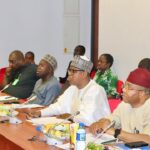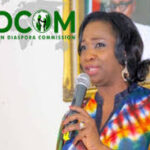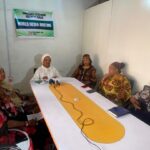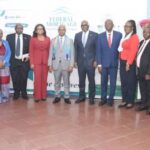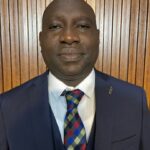Stock market gains N91bn
By Taiye Olayemi The stock market closed the week on a positive note with market value growing by N91 billion. Specifically, market capitalisation which opened at N67,102 trillion, closed at N67,193 trillion, gaining N91 billion or 0.14 per cent. Similarly, All-Share Index improved by 146 points or 0.14 per centContinue Reading

